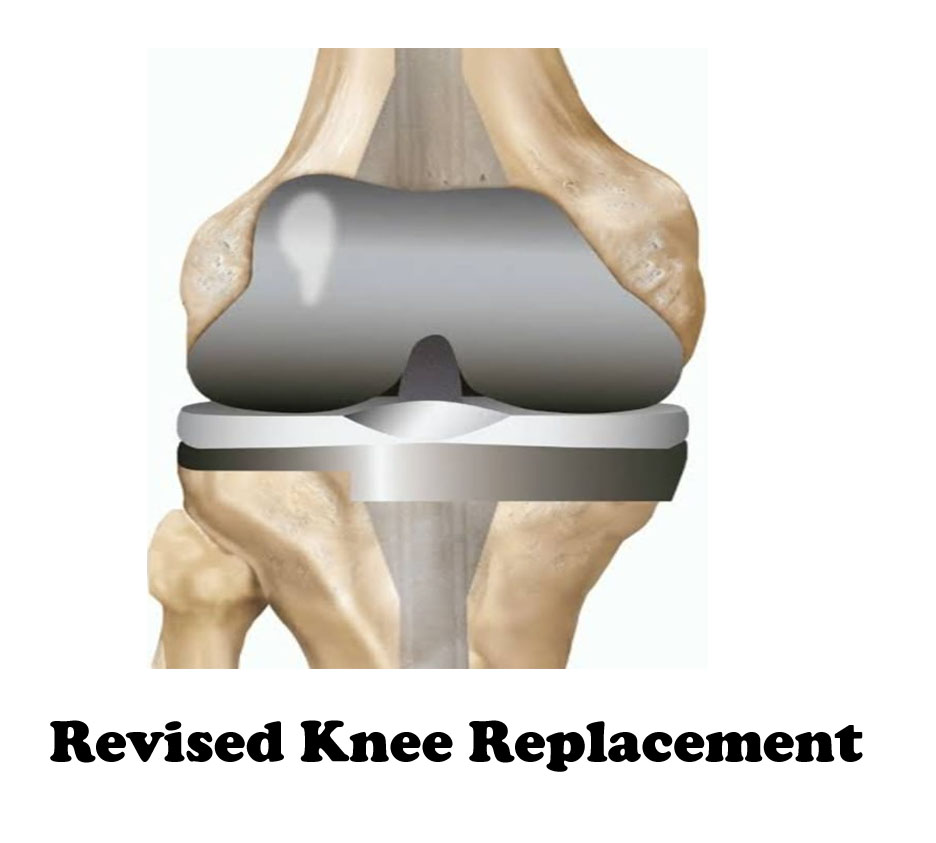






A knee revision is the replacement of prosthetic implants in a person who previously had a total knee replacement. In this surgery, known as a "reoperation," an original prosthesis is removed and a new prosthesis put in place.
Some knee revisions may require the replacement of only one implant, while others require a complete exchange of all the prostheses that were implanted during the original knee replacement surgery (known as "revision total knee replacement").
A complete revision of this type is a complex procedure that requires extensive preoperative planning, specialized implants and tools, prolonged operating times, and mastery of difficult surgical techniques.
A knee revision may be necessary for anyone whose prosthetic knee implant fails due to injury or wear, or who gets an infection in the area around implant.
In elderly people who have a knee replacement, the artificial knee implants may last for life. But in younger patients, especially those who maintain an active lifestyle, knee prostheses may eventually fail, requiring a second replacement later in life.
Infection: The risk of infection from a total knee replacement is less than 1%, but when infections do occur, a knee revision of one kind or another is necessary.
Instability: This occurs when the soft tissues around the knee are unable to provide the stability necessary for adequate function while standing or walking.
Stiffness: In some patients, excessive scar tissue may build up around the knee and prevents the joint from moving fully.
Wear and tear: This can include loosening or breakage of prosthesis components due to friction over time.
Website Designed By: Quick n Host